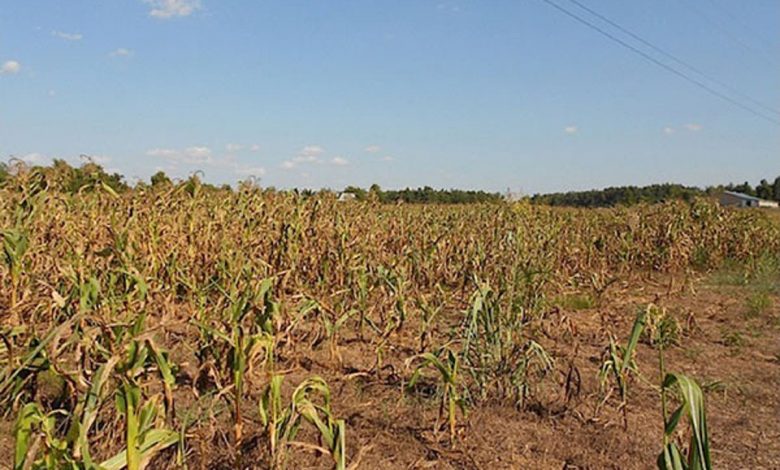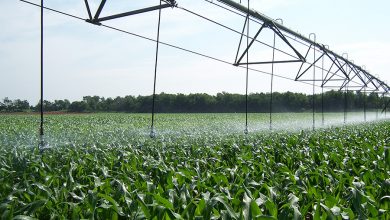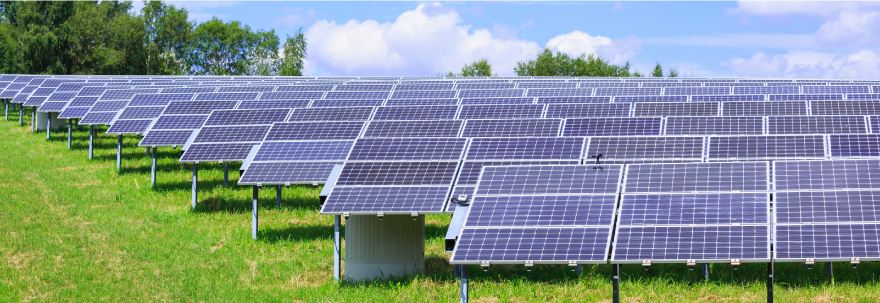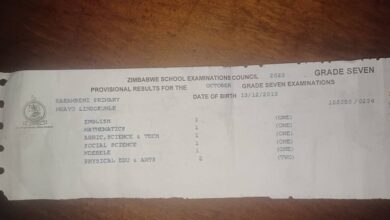Zim’s drought crisis has farmers anxious and fearful

Zimbabwe is in the grip of a drought worse than many can remember and farmers are anxious, wondering how they will sustain themselves and their livestock.
Compounding the situation is summer has so far been a season of extreme weather, with the Meteorological Services Department warning of heatwave across the country with Bulawayo and Binga expected to reach temperatures as high as 36 degrees Celsius and 40 degrees Celsius respectively.
The Meteorological Services Department warned the heatwave is projected to persist until March 12, 2024 with temperatures potentially rising to 41 degrees Celsius as the unrelenting heat becomes heavy on people.
Farmers said the ‘extreme’ weather has taken a toll not just on the population but also on the size of their harvests.
“This is one of the worst droughts we have ever seen in decades; very little rain, dry months, massive widespread crop failures, and hardly any harvest,” said Professor Solwayo Ngwenya, who recently became a ‘peasant farmer’ in Bubi District, a well known health expert and clinical director at Mpilo Central Hospital.
Prof Ngwenya said there would be a “terrible” situation ahead, predicting mass hunger and mass starvation, especially amongst the vulnerable groups of under five and the elderly.
“There could be deaths if no mitigation measures are put in place,” he said, adding that there could be massive livestock losses, especially in dry Regions 4 and 5.
“There are no pastures available to sustain life throughout the year, and scant water resources will lead to livestock deaths.”
Prof Ngwenya who is also a traditionalist, said traditionally, historically, culturally, his ancestors used to perform rain making ceremonies until it rained.
“Our ancestors used to brew beer and go and dance at the Njelele shrine, and they got rains and lived happily thereafter,” he said, lamenting that the adoption of Western culture had eradicated such traditional practices.
“Unfortunately, with the adoption of the Western culture and educated blacks, dancing for the rain is no longer possible as African culture is now looked down upon by the well-educated. Everything is now blamed on climate change. Notably, in March, it will be too, too late to try and get fruitful rains for any crops,” he said.
Another farmer, Petros Sibanda, also a former ZPRA fighter, who has a large field in Tsholotsho said the 2023/2024 farming season could be one of the worst droughts he has seen.
“It is very hard to see the state of the land now. We now have to put signs that say ‘no smoking’ because the crops are so dry and scorched. There is no sign of life. I had planted drought resistant crops such as sorghum and millet, then maize but they have been affected. There is nothing to harvest really yet I worked very hard to improve the land and manage my field,” Sibanda said.
Sibanda said given the poor harvest, very soon people will be buying feed for their livestock.
“Apart from people, our livestock also survived on our yield but this time there is nothing,” he said, noting that the issue of lack of water was challenging.
“We are told it’s global warming with the Matabeleland region not always good for crops since it’s livestock area. If the Gwayi-Shangani water project was up, we could be irrigating and sustaining ourselves but this is a disaster which should be declared since there is no food.”
He added that the government should assist with providing sustenance of their livestock.
“They should provide pen feeds while veterinarians should assist with education on how to keep and medicate livestock. Otherwise drought has affected almost the whole region,” Sibanda said.
Nketha Mangoye-Dlamini, farmer in Bulilima district, said the drought affects “everything” and would most likely result in the price of mealie-meal going up while the value of livestock will go down.
“We will also see the effect in the price of maize and the value of stock. Price of livestock will go down while people will need to buy more feed at double the cost. This needs more money which some people don’t have. It is a tough situation,” Mangoye-Dlamini said.
“Obviously as the bad situation intensifies we are likely to see livestock farmers losing their animals to people who have ready cash buying at extremely low prices. There will be a need for a large number of farmers to reduce their herd so that they are able to take care of the remainder.”
Mangoye-Dlamini added farmers would appreciate early intervention by relevant authorities to conscientise all farmers as to best survival strategies so as to avoid total collapse of the national herd.





